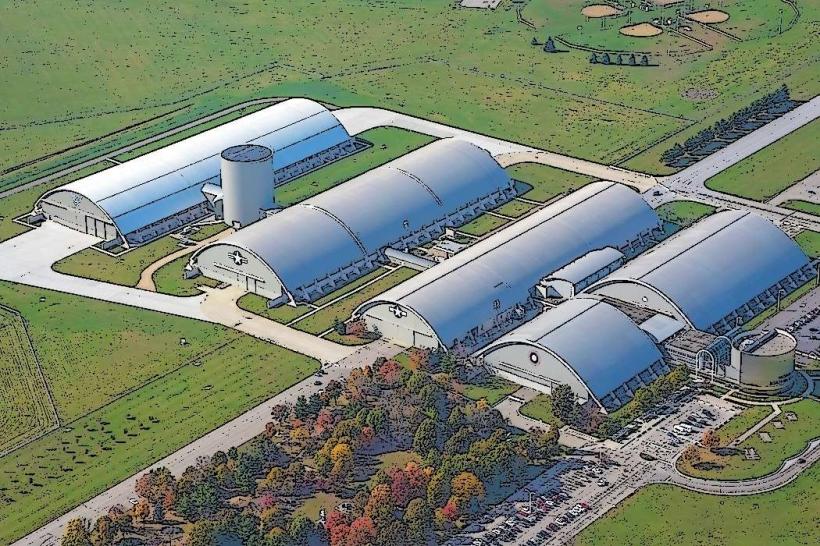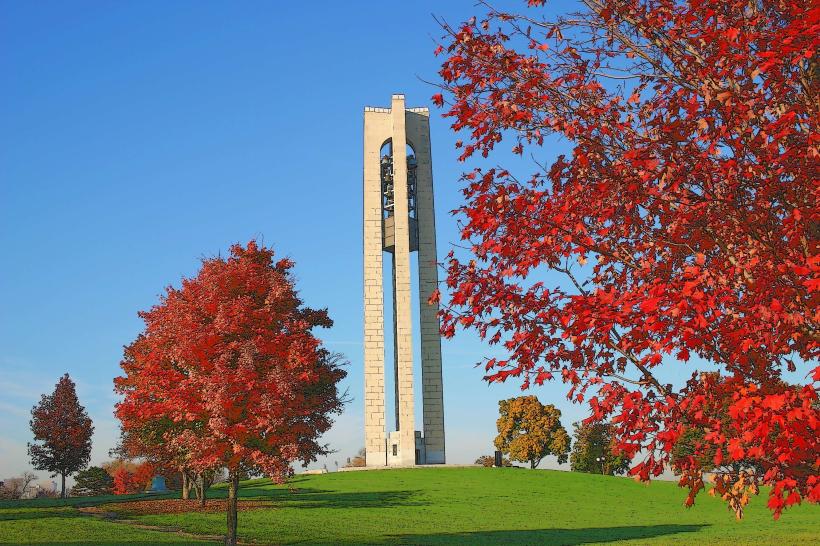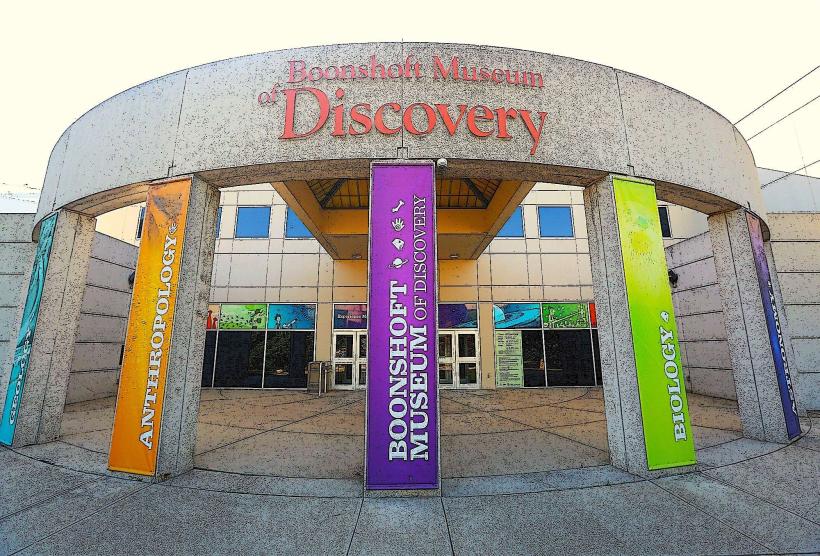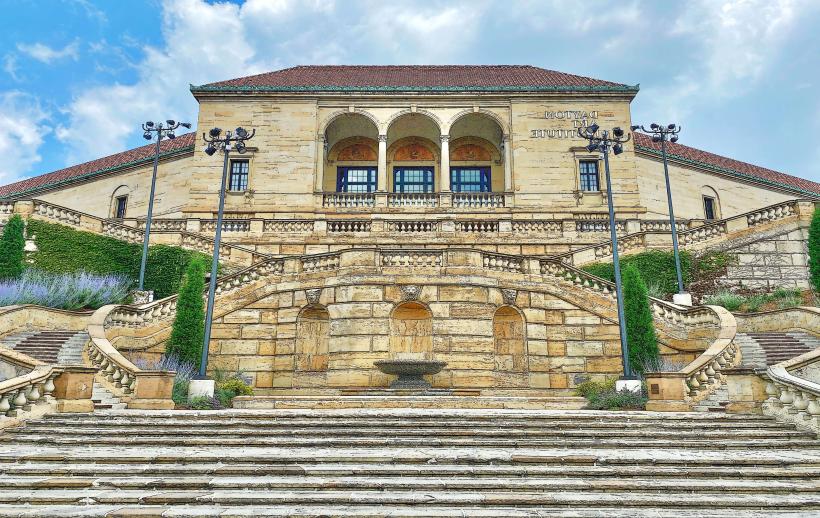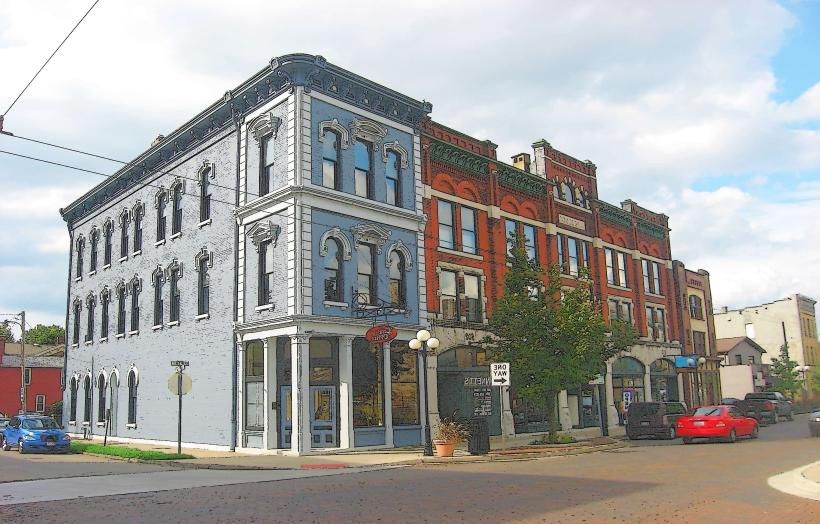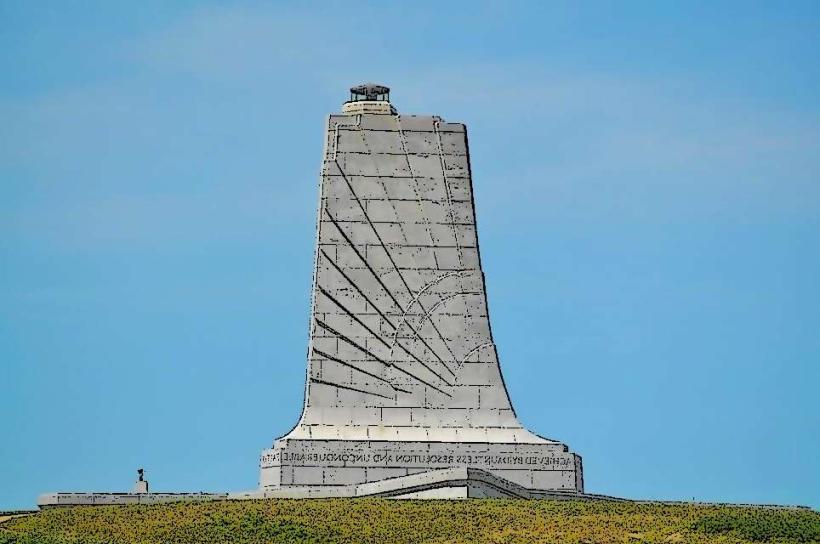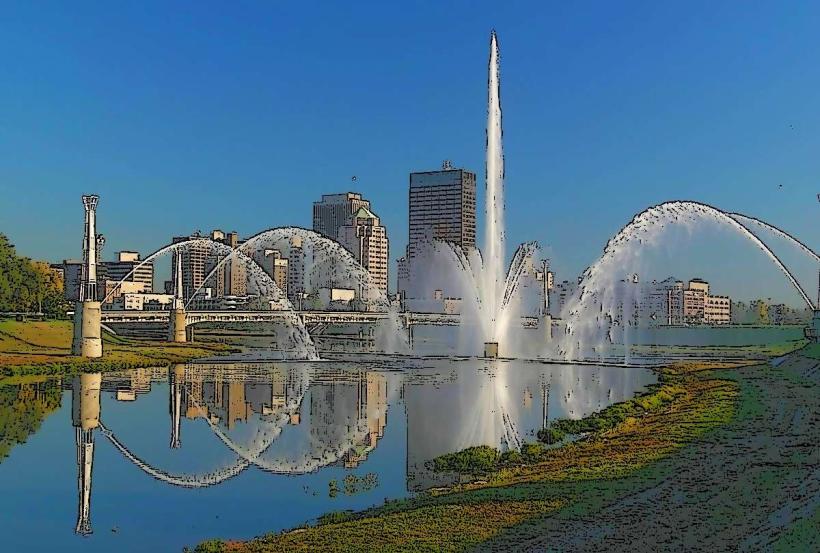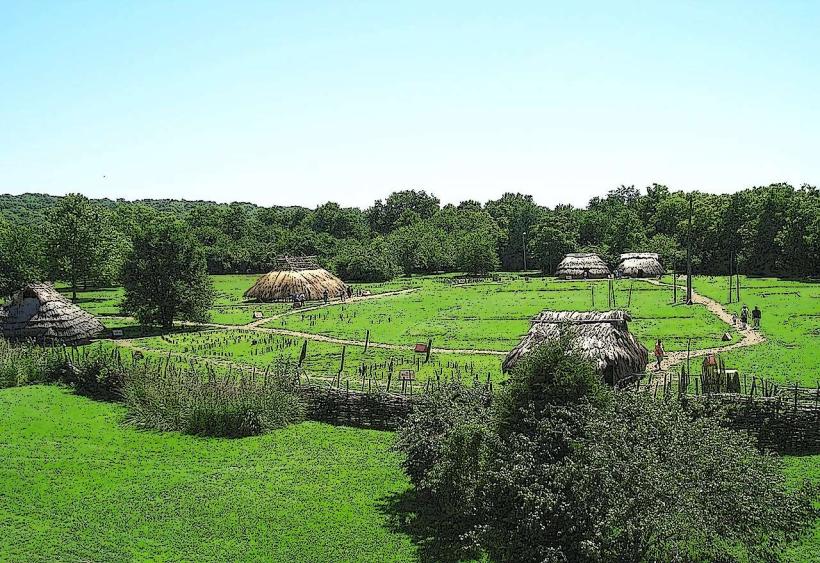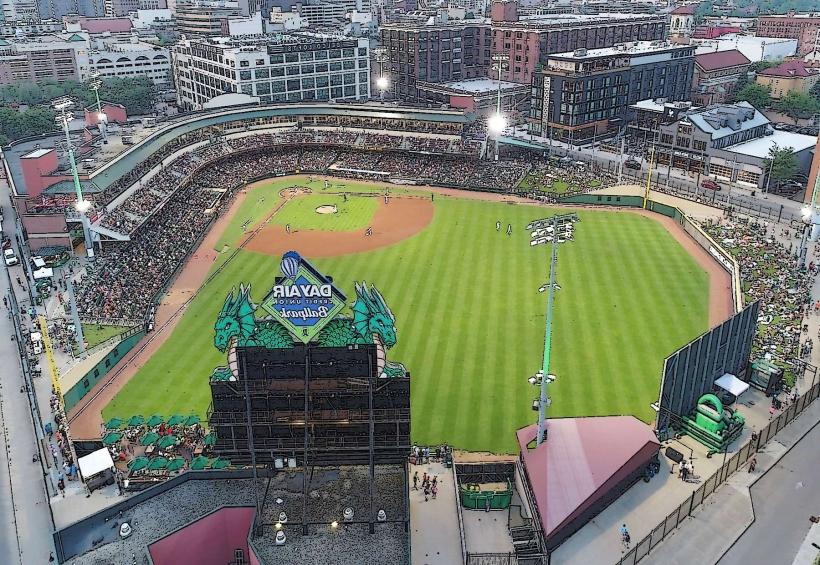Information
Landmark: Dayton Aviation Heritage National Historical ParkCity: Dayton
Country: USA Ohio
Continent: North America
Dayton Aviation Heritage National Historical Park, Dayton, USA Ohio, North America
Dayton Aviation Heritage National Historical Park preserves sites related to the Wright brothers' aviation experiments and early aviation history in Dayton, Ohio.
The park comprises multiple units spread across Dayton and surrounding areas.
Visual Characteristics
The park's visual characteristics vary by unit. The Wright Cycle Company Building is a two-story brick structure. Huffman Prairie Flying Field is an open, grassy field. The Wright-Dunbar Interpretive Center features exhibits within a former industrial building. The Carillon Historical Park contains reconstructed aircraft and historical buildings, including the Wright Company Factory and the Wright Brothers' home.
Location & Access Logistics
The park is accessible via multiple locations within Dayton. The Wright-Dunbar Interpretive Center is located at 16 S. Williams Street, approximately 1.5 miles east of downtown Dayton. Parking is available at the Interpretive Center. Huffman Prairie Flying Field is located at 2300 Harshman Road, approximately 8 miles northeast of downtown Dayton, with parking available at the site. The Wright Cycle Company Building is at 22 S. Williams Street. Public transport options to the vicinity of the Interpretive Center include the Greater Dayton Regional Transit Authority (RTA) bus lines.
Historical & Ecological Origin
The park's historical origin centers on the Wright brothers' development of the airplane. Orville and Wilbur Wright conducted their pioneering flight experiments in Dayton. Huffman Prairie Flying Field served as their testing ground for the Wright Flyer III from 1904 to 1905. The Wright Company Factory, built in 1908, was the world's first aircraft factory. The park was established to preserve these significant sites and artifacts related to the dawn of aviation.
Key Highlights & Activities
Visitors can explore exhibits detailing the Wright brothers' lives and innovations at the Wright-Dunbar Interpretive Center. Guided tours of the reconstructed Wright Company Factory and the Wright brothers' home are available at Carillon Historical Park. Observation of Huffman Prairie Flying Field allows for understanding the context of early flight testing. Ranger-led programs are offered at various units.
Infrastructure & Amenities
Restrooms are available at the Wright-Dunbar Interpretive Center and Carillon Historical Park. Shade is present in wooded areas and within buildings. Cell phone signal (4G/5G) is generally available within the urban areas of Dayton. Food vendors are not typically located within the park units themselves but are available in the surrounding city.
Best Time to Visit
The best time for photography of the aircraft and buildings at Carillon Historical Park is during daylight hours, with morning light offering softer illumination. For Huffman Prairie Flying Field, visiting during clear weather provides optimal viewing conditions. The park is open year-round, but outdoor activities are best suited for spring, summer, and fall months.
Facts & Legends
A specific historical oddity is that the Wright brothers initially tested their gliders at Kill Devil Hills, North Carolina, due to its consistent winds and sandy terrain, before returning to Dayton for powered flight development at Huffman Prairie. The Wright brothers' first patent for their flying machine was granted in 1906.
Nearby Landmarks
- Carillon Historical Park (0.5km West)
- Dayton Art Institute (3km West)
- National Museum of the US Air Force (10km West)
- Riverscape MetroPark (2km West)
- Oregon Historic District (1.5km West)

